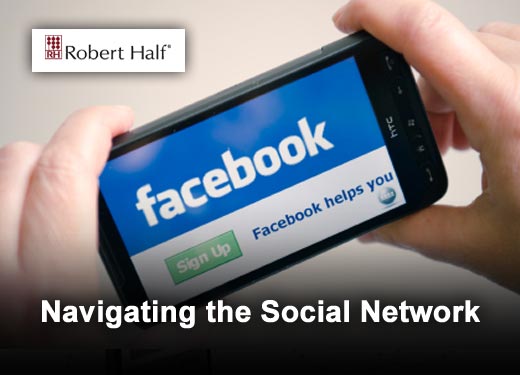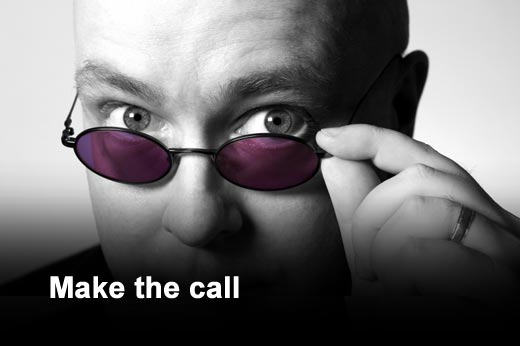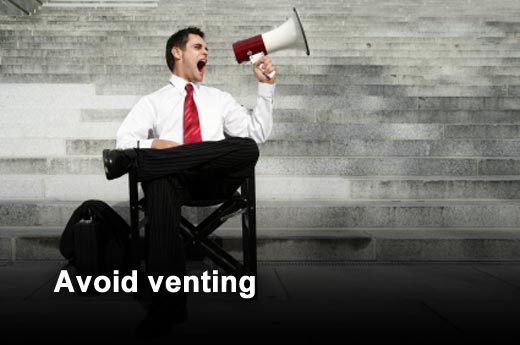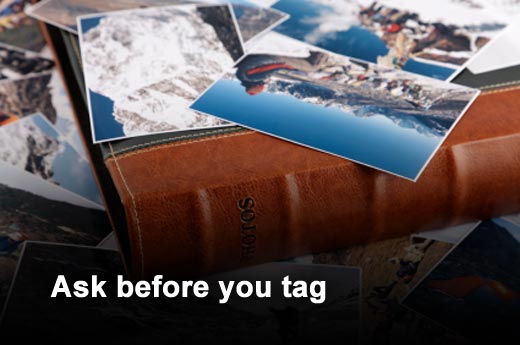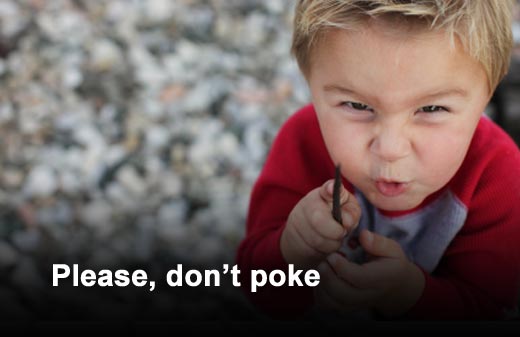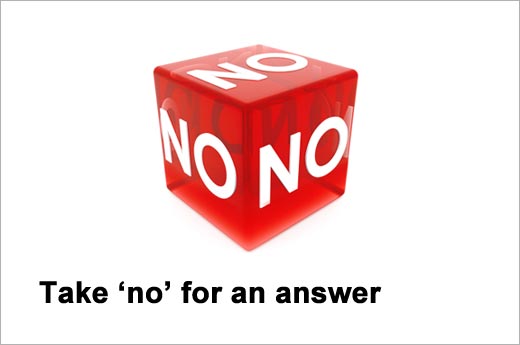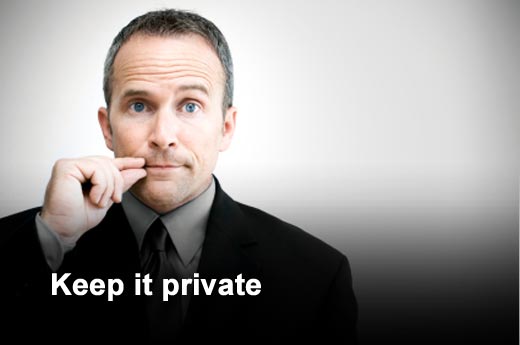To friend or not to friend? Social networking websites such as Facebook were initially designed as a way for individuals to connect with friends and family. Today, these tools are increasingly used for professional purposes, particularly in industries such as public relations and entertainment. But for individuals, online social interaction deserves careful thought before deciding to invite your professional contacts to join your friend list.
Many people attempt to keep their Facebook profiles away from the public eye, or create separate profiles for social and professional purposes. Others have decided their work and personal lives are so tightly linked that they have no reservations about friending colleagues as well as pals.
Just as you might share some details about your social life with a client over lunch, you may decide that connecting with colleagues on Facebook allows you to build closer relationships. Depending on your industry, you may even find that Facebook is a useful way to develop relationships that may lead to new business.
Whatever your decision, it’s important to understand the social networking “rules of the road.” Even if you determine it’s best to keep your personal and business profiles separate, you should know how to handle friend requests gracefully and the actions you can take to protect your privacy. And if you do combine your personal and professional lives, it’s always wise to be thoughtful and considerate when interacting in social communities.
This slideshow highlights tips from Robert Half to help you navigate the social networking landscape.
Click through for 10 tips to help you navigate the social networking landscape, including Facebook, provided by Robert Half.
Your name may be more common than you think. A vanity URL will make it easier for people to find you. For instance, instead of a long, unwieldy user name, consider facebook.com/yournameofchoice/. Include it in your email signature file and on your business cards. Visit Facebook to learn more about usernames and check their availability.
A picture is worth a thousand words. A personal photo adds legitimacy and confirms that you’re the right “Mary Jones.” The image you choose can be casual, but make sure it‘s professional.
If you wouldn’t want to read it on a billboard, don’t post it to your Facebook wall – or anyone else’s. This holds true even if you use Facebook only to socialize. Remember, anyone you “friend” can see your comments, photos and YouTube video links. Email or use Facebook’s messaging feature instead.
Are you using Facebook for work or personal use? If you decide to friend coworkers, partners and customers, maintain full business acumen. Avoid posting what you ate today or what bar you are going to tonight for your business contacts to see.
Likewise, resist the temptation to post updates about games, quizzes and groups to which you belong if you use Facebook for business. You’ll muddy the waters and likely lose the interest of (or even annoy) individuals who want to know about your professional activities. Don’t add new applications lightly! Some automatically post your activities on the general RSS feed. Do you really want all your friends knowing every time you add a sheep to FarmVille? Probably not.
Big Brother really is watching, yet people continue to make the mistake of posting negative comments or gossiping about their employers, supervisors, colleagues, or any other touchy topic. Don’t do it – chances are the wrong set of eyes will stumble upon your remarks. A better approach? Count to 10 and consider the consequences.
Check with people before tagging them in photos, especially if you think they might not appreciate it, and don’t tag someone else’s photo with a business pitch unless you’ve asked permission. Remember to check your own photos periodically to make sure you haven’t been tagged in one you may not want to be associated with; Facebook has settings that allow you to receive an alert anytime you have been tagged in a photo.
Your friends may get a kick out of your “nudges,” but it can be interpreted as flirting. Use this feature for personal interactions only. It’s never appropriate for professional purposes.
When trying to friend someone, once is enough. There’s no need to bombard the person with repeated requests. At the same time, keep in mind that some people may not want to connect with you, including your boss or coworkers. Try not to take it personally; people use different criteria for building their online social networks, or they may not be regular Facebook users.
It’s likely you’ll find coworkers or other business contacts on Facebook, and not all of them will use the site in a professional way. Respect their privacy, and don’t turn their posts into fodder for office gossip.


